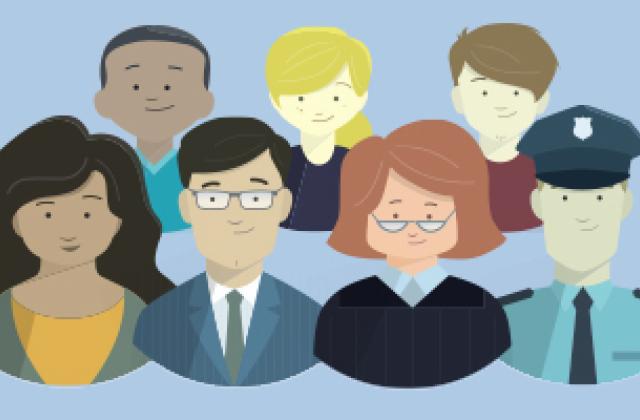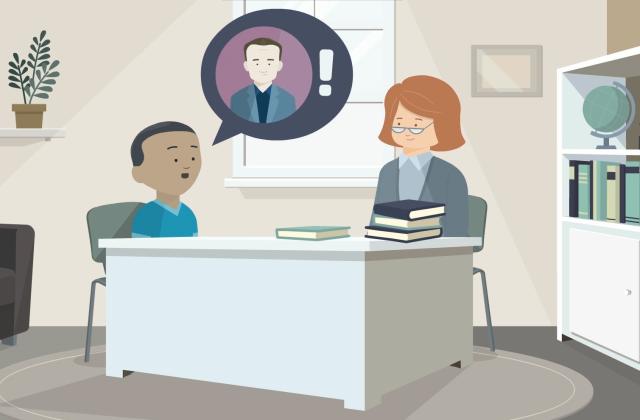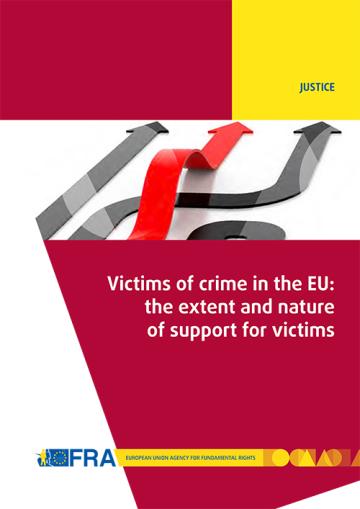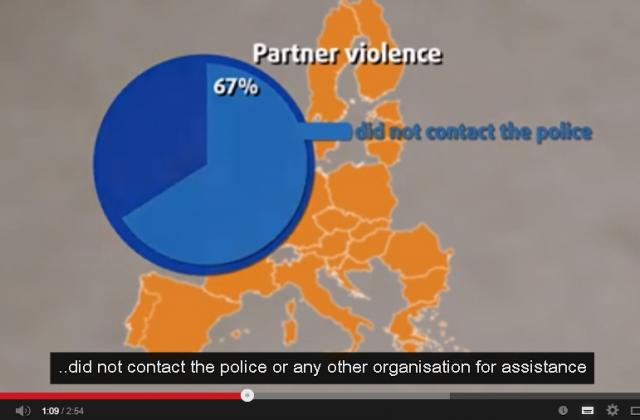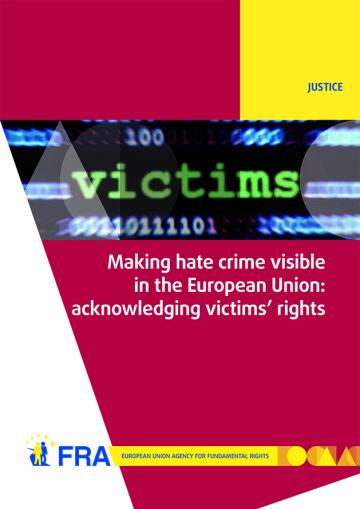Help us make the FRA website better for you!
Take part in a one-to-one session and help us improve the FRA website. It will take about 30 minutes of your time.
Droits des victimes
Highlights
- Report / Paper / Summary19Février2021This is the second main report from FRA’s Fundamental Rights Survey, which collected data from 35,000 people on a range of issues. This report focuses on respondents’ experiences as victims of selected types of crime, including violence, harassment, and property crime. The report also examines how often these crimes are reported to the police, and presents further details relating to harassment and violence, such as the perpetrators and where the incidents took place.
- Report / Paper / Summary25avril2019Victims of violent crime have various rights, including to protection and to access justice. But how are these rights playing out in practice? Are victims of violent crime properly seen, informed, empowered and heard? Do they tend to feel that justice has been done? Our four-part report series takes a closer look at these questions, based on interviews with victims, people working for victim support organisations, police officers, attorneys, prosecutors and judges.
- VidéoOpening Video for FRA event - From wrongs to rights: ending severe labour exploitation.















